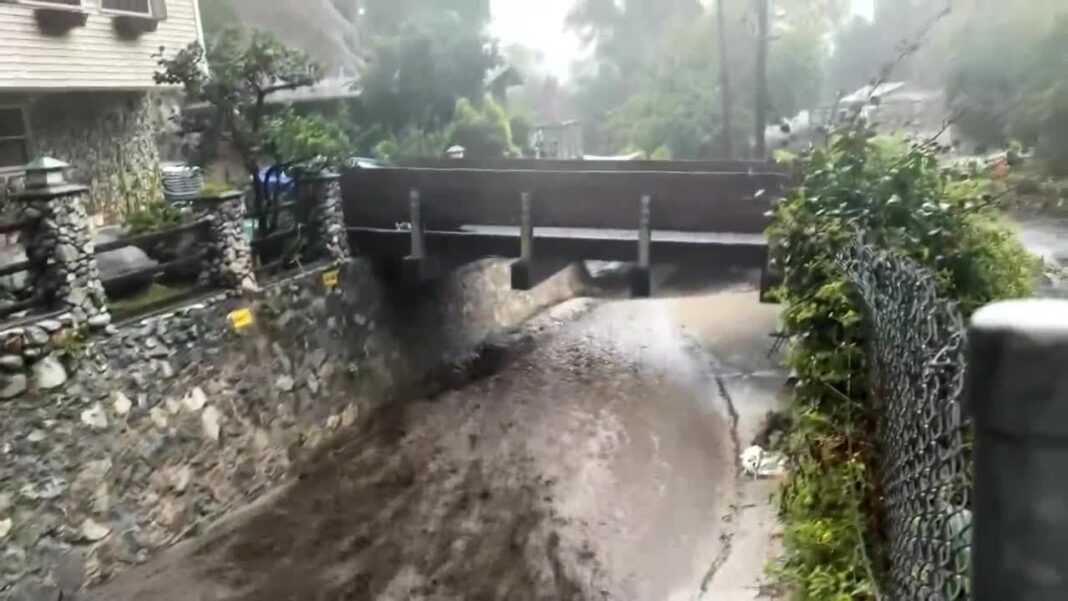The White House calls the framework a ‘win-win,’ while European leaders demand revisions and greater consultation with partners.
European leaders and some U.S. lawmakers intensified scrutiny this weekend of President Donald Trump’s 28-point peace proposal for Ukraine, which the White House said is a pragmatic blueprint designed to halt nearly four years of war and create what officials call a “win-win” security framework for all sides.
The White House said the plan would offer robust security guarantees and broad economic incentives in which both Russia and Ukraine “gain more than they must give,” while both Kyiv and key Western partners said it risks forcing Ukraine into hard concessions, limiting its defensive capabilities, and rewarding Russian aggression.
In a joint statement at the G20 summit in South Africa on Nov. 22, leaders of European Union (EU) institutions, along with France, Germany, Poland, the UK, and others, said the draft “includes important elements that will be essential for a just and lasting peace,” but called it a “basis which will require additional work.”
“We are clear on the principle that borders must not be changed by force,” they said, adding that limitations on Ukraine’s armed forces “would leave Ukraine vulnerable to future attack.”
A bipartisan group of U.S. lawmakers—including Sens. Jeanne Shaheen (D-N.H.), Thom Tillis (R-N.C.), and Chris Coons (D-Del.)—said they “share significant concerns” about the plan, stating in a Nov. 22 joint statement that “offering Putin concession after concession” risks fatally degrading Ukraine’s defense.
Rep. Don Bacon (R-Neb.) compared the proposal to pre–World War II appeasement. “This sounds like 1938 Munich,” he wrote on X, referring to a policy of appeasing Nazi Germany with territory and so emboldening Adolf Hitler to invade other European nations at the time.
Russian President Vladimir Putin, by contrast, has welcomed the proposal, calling it a potential “basis for a final peaceful settlement,” adding that Moscow has seen the plan but has not yet discussed it in detail with Washington.
Trump told reporters on Nov. 22 that, while the proposal is not his final offer, he is determined to see an end to the conflict.
“No, not my final offer,“ the U.S. president said, responding to a reporter’s question. ”We’d like to get to peace … it should have happened a long time ago.
“We’re trying to get it ended. One way or another, we have to get it ended.”
By Tom Ozimek







